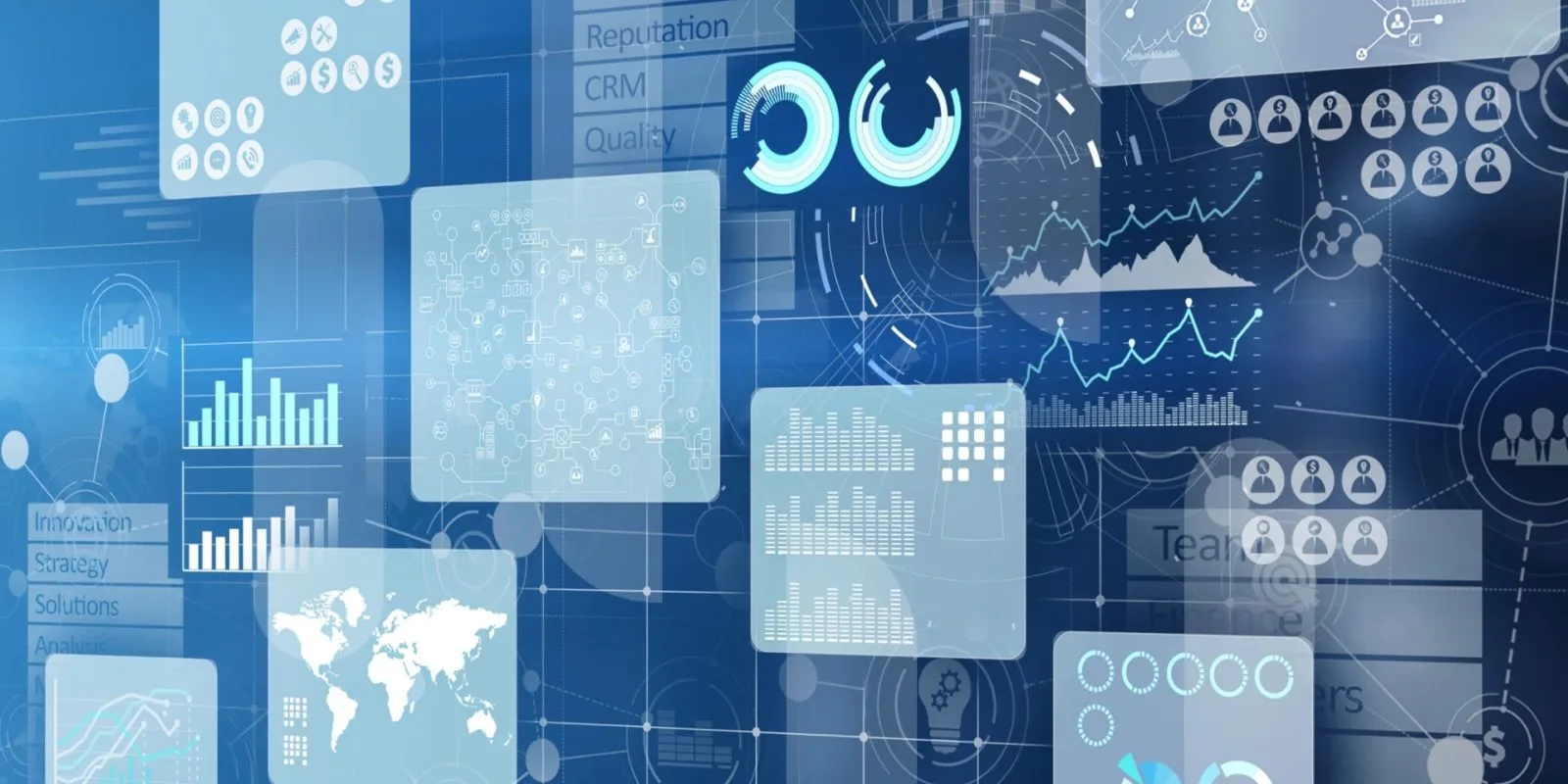What Role Does Data Analytics Play In Banking Decision-Making?
Data analytics analyzes data and information in the financial sector and enables the development of more profitable projects in the light of this data. Data analytics, which will be one of the most important professions of recent years and the near future, is a branch that requires expertise.
One of the most decisive elements of the banking decision-making process is data analytics. Data analytics is one of the most essential elements of the finance industry. Sophistication in data analytics is an important factor both in developing strategies as a bank and in bank preferences as a customer.
The latest fintech solutions developed in the field of data analytics should be followed by banks in order to give the best banking services in terms of profit margin and customer satisfaction. Banks receive great help from data analytics when developing policies within both macro and micro economics. Thanks to data analysis results and the correct analysis of these results, both more conscious consumers and more accurate economic policies are created.
How Are Banks Leveraging Big Data Analytics For Insights?

The financial sector and informatics interact with each other. Thanks to data analytics, financial sector actors can notice the trends of the market and establish a more realistic future perspective. In this way, they achieve a more profitable banking approach and reach more customers.
Thanks to big data analytics solutions, banking services have become more realistic and useful. Big data analytics is essential not only for bank managers’ strategies and increasing the bank’s profit margin, but also for providing the right consultancy and package to customers. Accurate analysis of the market and detection of patterns become easy processes thanks to big data analytics studies. Many powerful financial institutions or banks should also allocate resources to big data analytics studies.
The development and diversification of fintech solutions day by day makes it easier and faster to benefit from big data analytics reports more efficiently. Banks assign special responsibility for developing accurate insights from big data. Big data should be reported accurately, both by employees and software tools like machine learning solutions.
What Data Sources Are Critical For Banking Analytics?
Data analytics is a field of study that involves the analysis of data. In order for these analyzes to be more realistic and useful, correct data sources must be determined. Beneficial results for finance and banking are possible by analyzing correct data sources.
Customer accounts should be considered among the most essential data sources for banking analysis. Moreover, user tendencies and preferences in investment options are important data sources for big data analytics. Determining data that contains information about the right customer base is a critical point. Which product is compatible with which customer profile and financial inclusion data should be taken into consideration when determining.
Another critical data source for banking analysis is market trends. Supply and demand trends in the markets should be followed. In the light of these data, a future perspective can be suggested. Banks that do not give due importance to data analytics are likely to develop projects that are incompatible with the financial needs of their customers and have low profit margins.
Can Predictive Analytics Improve Loan Approval Processes?
Today, many banks and financial institutions complete their loan approval processes with artificial intelligence, information systems and predictive analytics services. This brings a great efficiency in terms of both time and resources for banks.
Auditing loans, which are among the most commonly offered financial products of a bank, with predictive analytics tools and continuing the approval process in the light of this data provides more profitable transactions. Predictive analytics provides great efficiency in banking services by selling the most accurate loan products that will reduce human errors to zero.
This enables more reasonable financial actions to be taken for both customers and banks. Banks that continue their loan approval processes with predictive analytics tools are less likely to sell the wrong loan product than those that manage this process manually. This will cause a significant increase in profit margin.
How Does Machine Learning Impact Credit Scoring In Banking?

In the past, credit scoring was determined with manual banking tools and customers accessed financial services according to this scale. However, today, thanks to digital banking solutions such as machine learning, many processes from credit scoring to loan approval processes are completed with sharper results in a short time.
Thanks to machine learning technology, big data is analyzed in a short time and precise banking evaluations are achieved. In addition, continuing the credit scoring process largely with machine learning tools provides a high level of security. This prevents unfair credit products from being sold with wrong strategies or bad intentions.
Machine learning not only accelerates the credit scoring process in banking but also enables more accurate decisions to be made. Thanks to this technology, which reduces human error to zero, it provides perfect banking services not only in credit scoring but also in other units.
Are Ethical Considerations Important In Data Analytics For Banks?
Ethical concerns are as important as profit margins and credit policies for banks. Ethical considerations are an important factor in determining the data source for data analytics for banks. Because data in the financial world includes customers’ privacy and information. Sharing data without their consent is both ethically and legally inappropriate.
Although our competitive and global modern world occasionally causes scandalous operations regarding data analytics and ethics, financial institutions that desire to achieve long-term success must determine legal and appropriate data for their data analytics tools.
Even though profit margin is the major motivation in the banking services process, ethical concerns must be taken into account for the long-term well-being of both customers and the bank’s reputation. This means that all data selected for data analysis studies must be authorized and approved by the customers officially.
See you in the next post,
Anil UZUN
